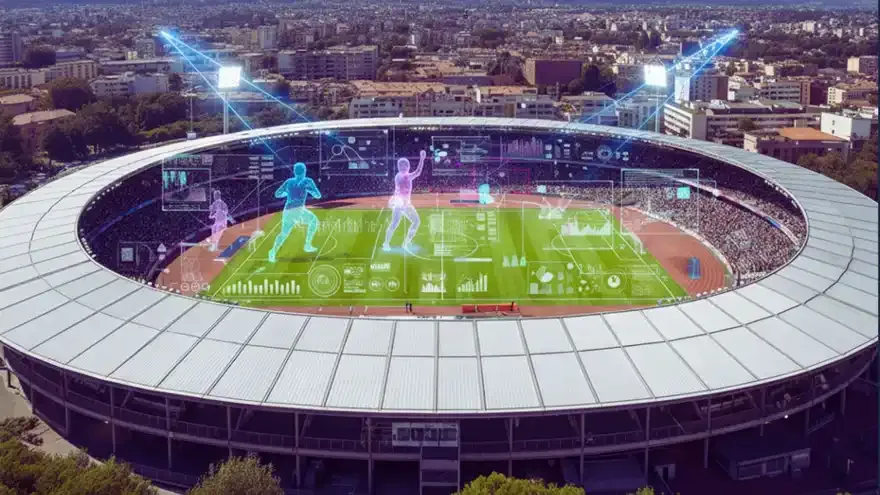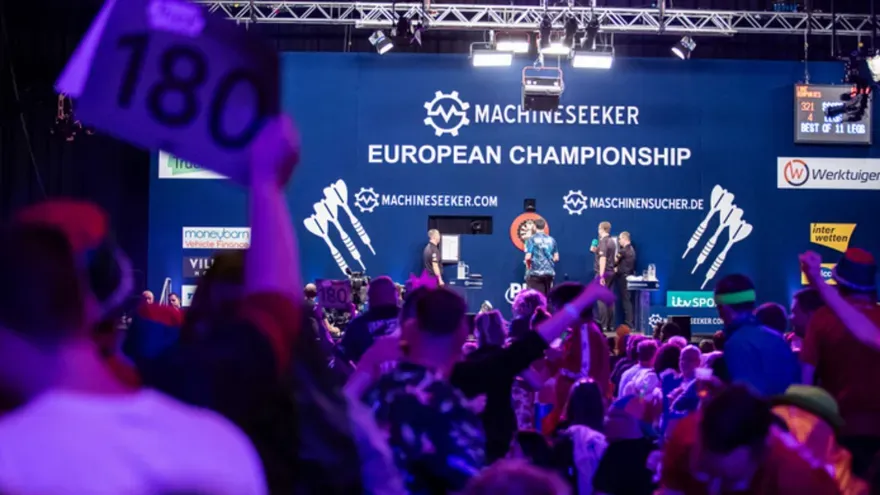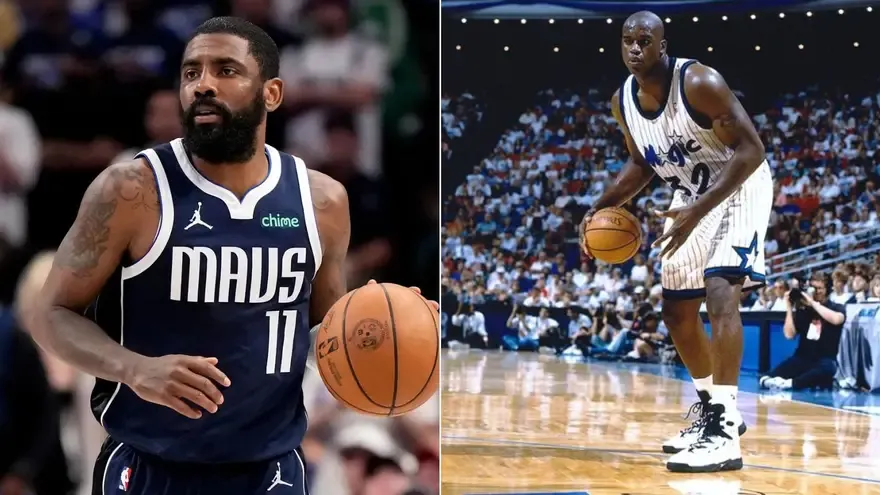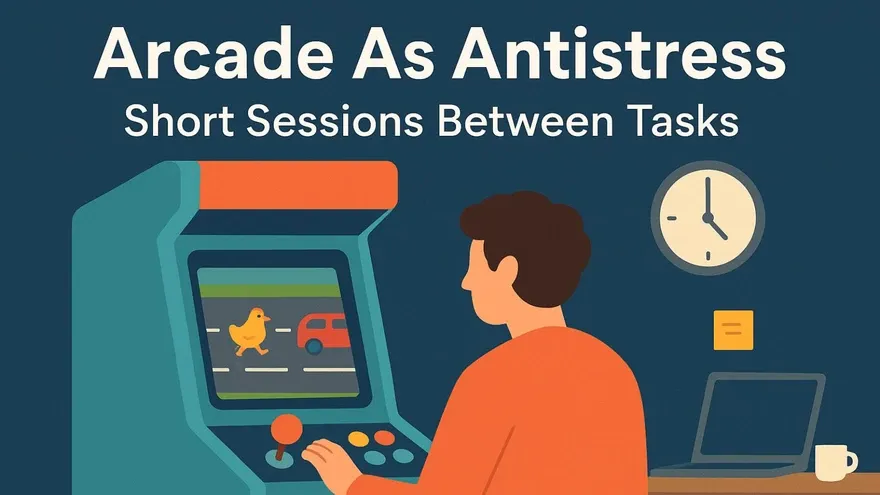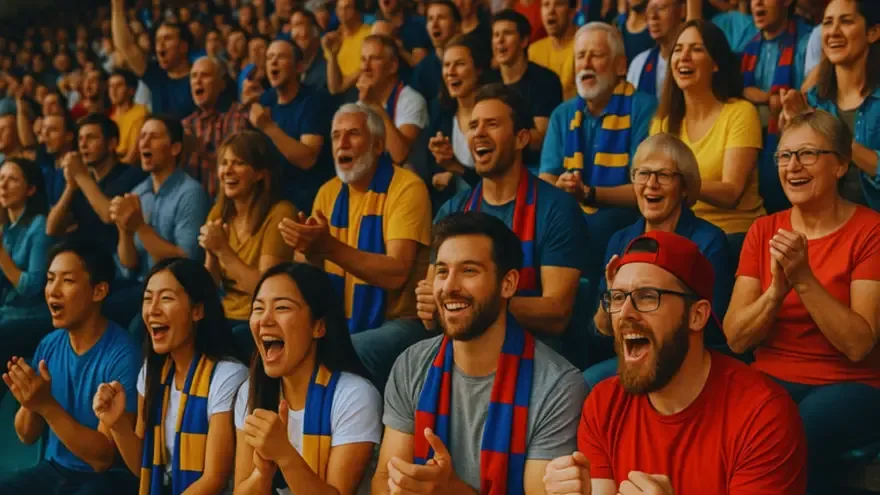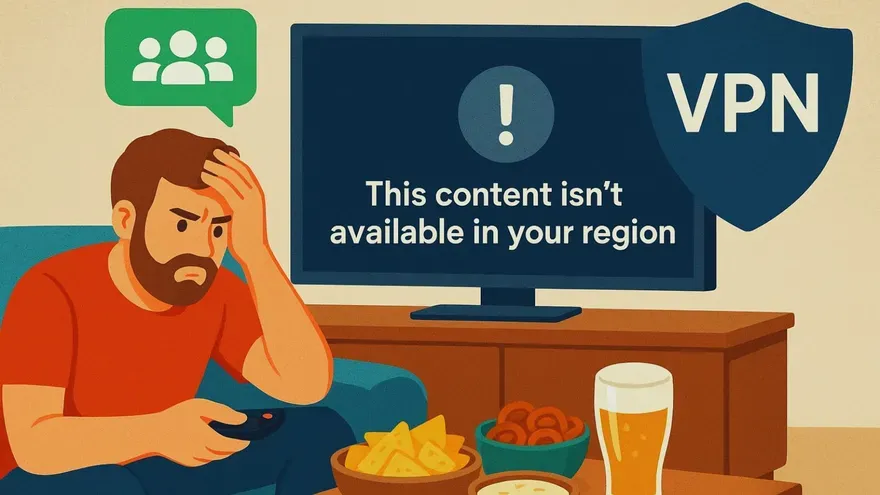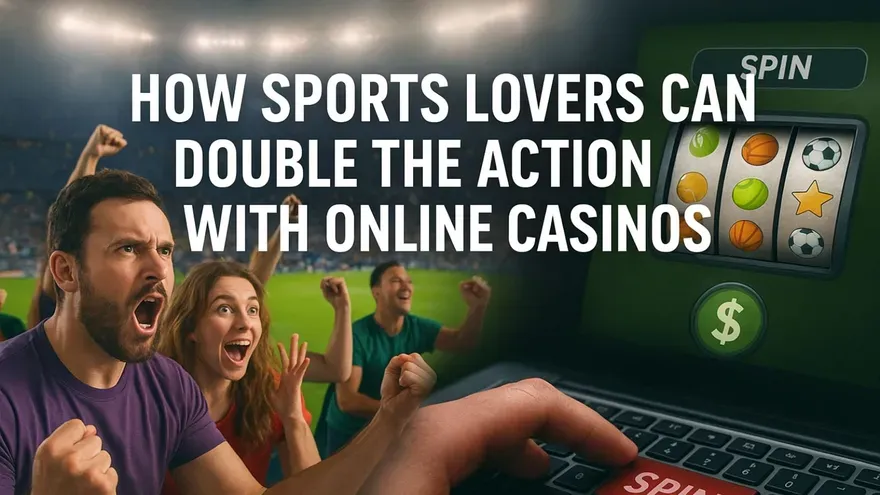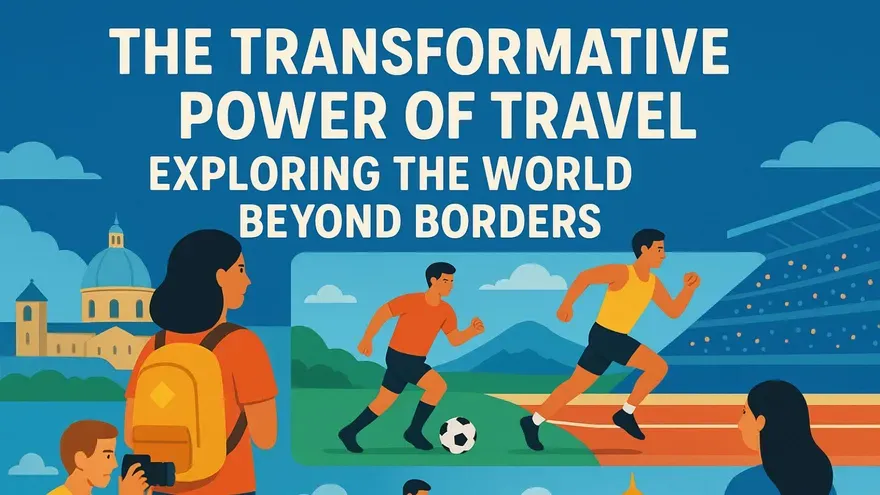The tennis tournament for the US Open championship has officially started. At the National Tennis Center in New York over the coming few weeks, Venus and Serena Williams, Maria Sharapova, Rafael Nadal, and Roger Federer were all anticipated to compete.
One of the oldest tennis tournaments in the world, the demanding sporting competition. Players will undoubtedly be put through their paces in terms of fitness, with many putting in extra work in the lead-up to these competitions. But in order to strengthen their resilience, more and more athletes are focusing on their mental health.
Djokovic has had a very challenging season thus far, playing in just three competitions after being forced to skip the 'Sunshine Double' competitions and the Australian Open due to his vaccination status.
Novak Djokovic beat a spirited but worn-out Kevin Anderson 6-2, 6-2, 7-6 (7/3) to win his fourth Wimbledon title and 13th Grand Slam title overall, becoming the lowest-ranked champion since Goran Ivanisevic in 2001.
The fact that his victory came just one month after he expressed interest in skipping the All England Club after losing in the quarterfinals of Roland Garros made it the first Major championship he had not won since completing the career Grand Slam in Paris two years prior made it all the more remarkable.
The former World No. 1 has struggled to regain his form after missing the last part of 2017 due to an injury to his right elbow that required surgery. His ranking dropped out of the top 20 for the first time in more than a decade as his defeats mounted. He became so upset with his form that he spoke beforehand about abandoning the grass-court tour and losing motivation due to circumstances off the court.
Novak Djokovic has spoken candidly about the obstacles he had to confront mentally to win this year's Wimbledon. The tennis player wrote an open message on his Instagram page on Thursday, detailing the challenges he faced in winning his fourth Wimbledon championship. The article mentioned his 2017 tennis retirement due to an injury to his right elbow that necessitated surgery. One of the problems was injury, and any motivation was a much bigger one.
Novak Djokovic wrote an open letter about the mental challenges he had to overcome to win on his website after claiming his fourth Wimbledon championship in June. In the letter, he discusses how his injury and lack of desire made him susceptible to obstacles in his mind.
Having compassion, gratitude, and a sense of perspective helped Djokovic combine the responsibilities of being a full-time athlete with raising a family, he added in his remarks. Other tennis players who have used similar strategies to develop and sustain great tennis careers include those who practice what is known as positive psychology.
Positive psychology
The benefits of being appreciative and kind to yourself and others for what you have are supported by research, which also supports what the world's top athletes already know.
For instance, prominent expert in positive psychology Barbara Fredrickson has demonstrated how feelings of kindness, compassion, and gratitude can make individuals happier. A meditation training exercise called the loving-kindness meditation intervention, developed by Fredrickson, was tested. Its goal was to promote sentiments of warmth and compassion for both the self and other people. According to her research, participants improved their self-acceptance, mindfulness, and interpersonal interactions. Their emotional and physical well-being also improved.
Therefore, whether you are a top athlete, someone with a chronic health problem, or just someone who wants to live a happy life, it is likely that a regular practice of self-compassion and gratitude could assist to enhance your reality.
